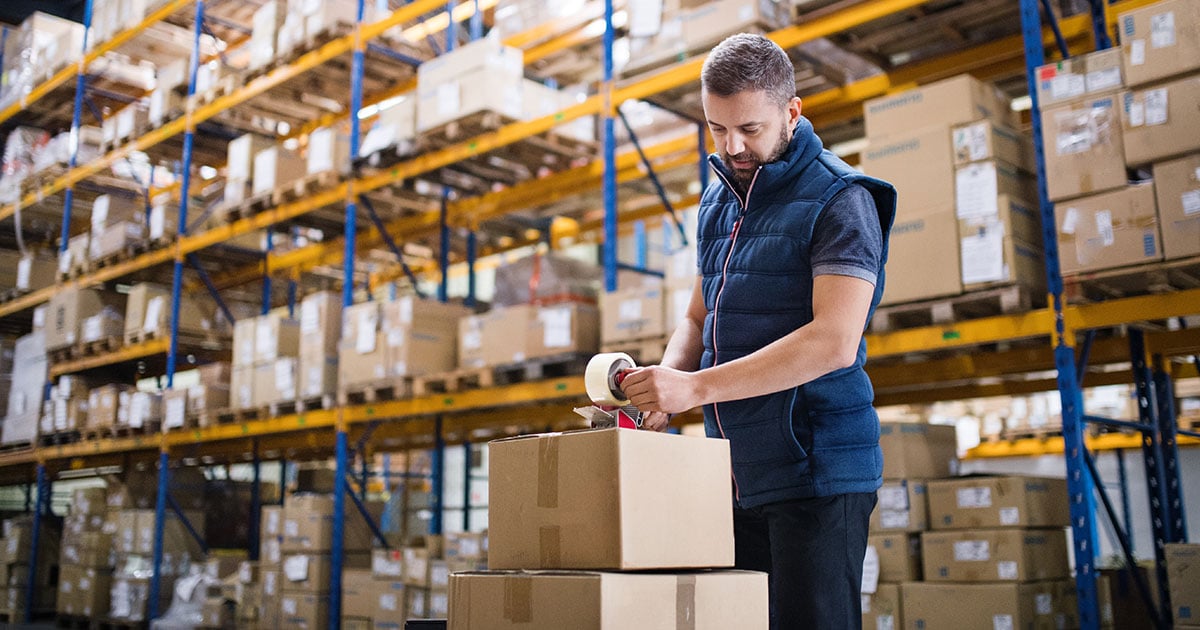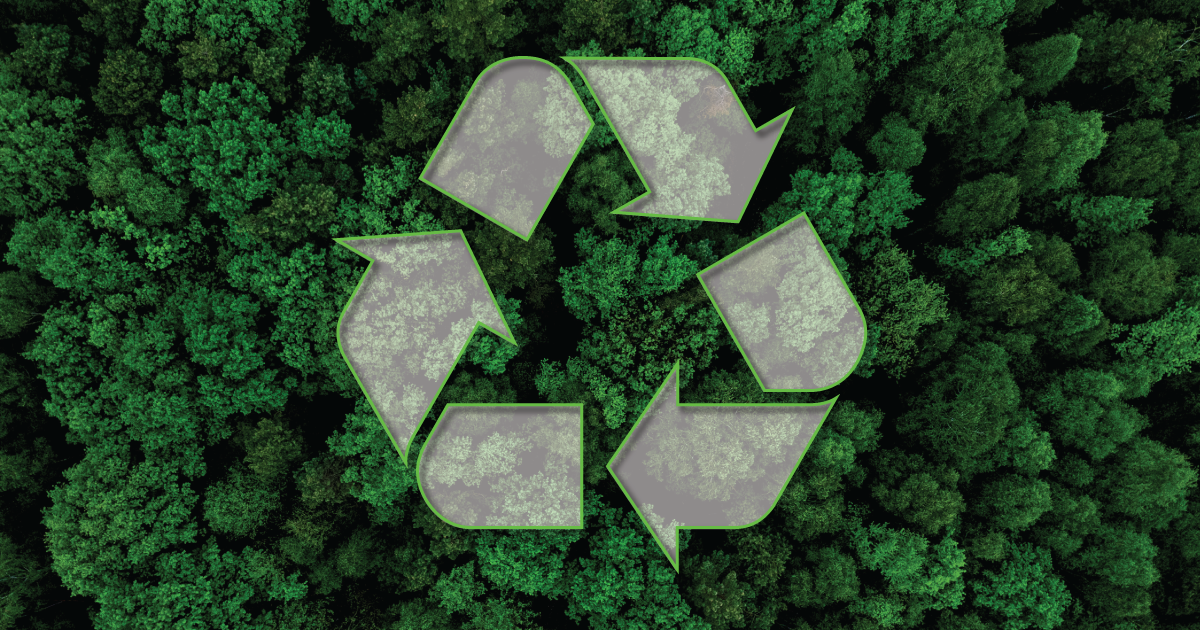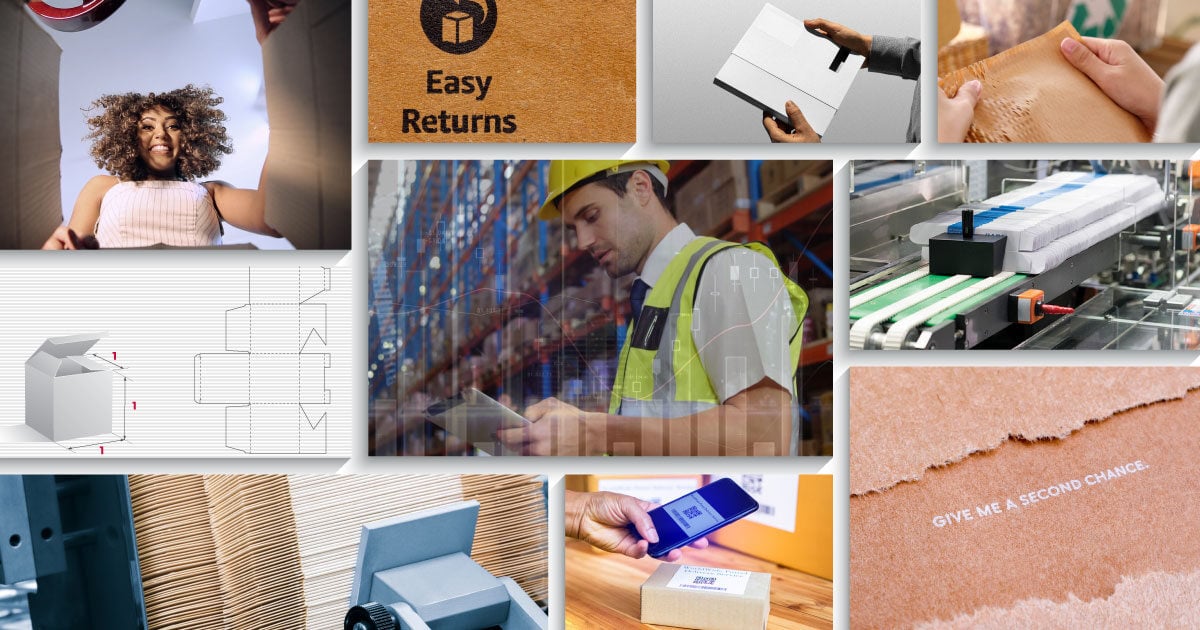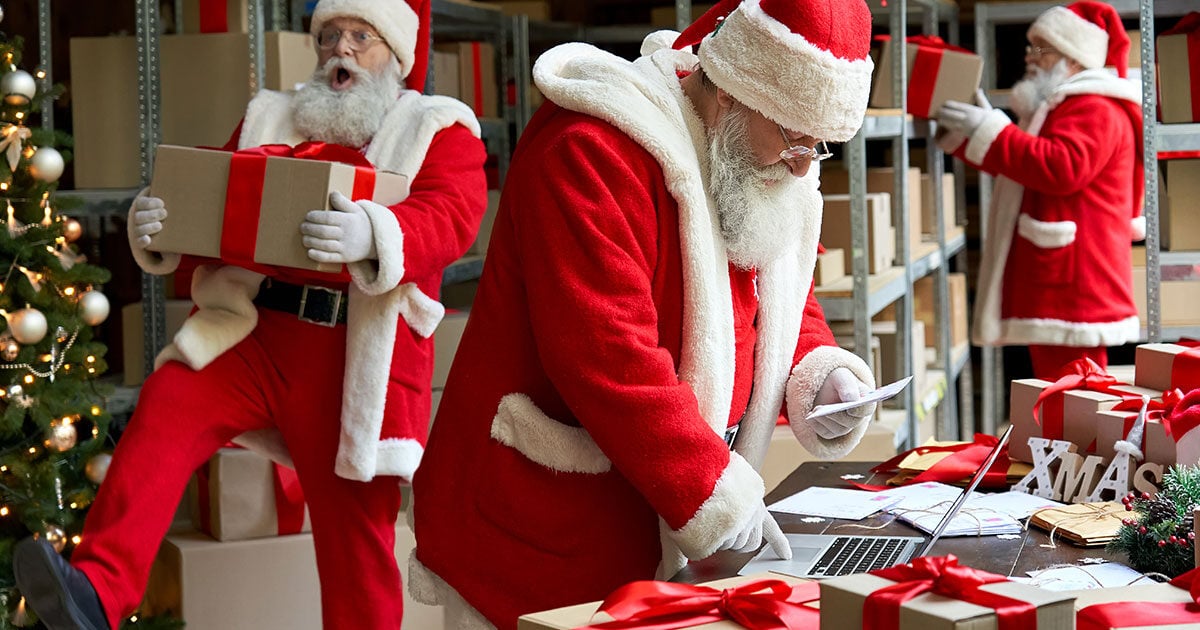Refreshing Product Offerings
Companies are phasing out materials and designs that no longer serve today’s needs—and introducing options that align with emerging expectations.2
2 min read
 BradyPLUS Editorial
:
July 30, 2025
BradyPLUS Editorial
:
July 30, 2025

The packaging world in North America is facing a moment of transformation. Between unpredictable global developments, shifting consumer habits, and mounting environmental pressures, it's clear the industry is no longer operating in the same landscape it once was.
To stay relevant—and resilient—packaging companies are being called to rethink how they operate. That means moving away from purely reactive strategies and instead focusing on long-term adaptability and smart innovation.
Several major forces are converging, reshaping how packaging is produced, used, and perceived. These broader shifts are setting the tone for the next decade.

Ongoing international tensions and evolving trade regulations are making it harder to navigate. As a result, businesses are re-evaluating where they source materials and how to manage disruptions more effectively.

Today’s consumers are constantly moving. Packaging that supports ease of use and convenience without sacrificing quality is becoming increasingly essential.

As eCommerce keeps growing, packaging needs are changing fast. Products have to be protected during transit while minimizing excess materials and waste.

Shoppers are becoming more selective—not just about what they buy, but how it’s packaged. Transparency, cleanliness, and packaging that reflects healthier choices are gaining value.

While some companies may have temporarily hit pause on green initiatives, the push toward sustainability is far from over. Pressure from consumers, governments, and industry partners is intensifying the call for more responsible packaging solutions.
When you look at how these trends interact with different packaging materials, certain formats are rising to the top. In particular, flexible plastics and paper-based packaging1 are showing strong potential thanks to their balance of functionality, cost efficiency, and environmental promise.
But picking the right material isn’t the only challenge. Companies need a broader strategy that prepares them for what’s next.
Instead of doubling down on outdated systems or short-term fixes, leading packaging companies are thinking BIGGER. They’re stepping back, looking at the long game, and investing in smart, scalable solutions. Four areas stand out:

Refreshing Product Offerings
Companies are phasing out materials and designs that no longer serve today’s needs—and introducing options that align with emerging expectations.2

Enhancing Supply Chain Resilience
Flexibility is now a must-have. Businesses are diversifying suppliers, rethinking logistics, and adding more agility into their operations.

Adjusting Pricing Strategies
Rather than simply cutting costs, smart companies are shifting toward value-based pricing that reflects the real benefit of their offerings.

Prioritizing Collaborative & Sustainable Innovation
The next generation of packaging solutions won’t be created in a vacuum. Progress will depend on cross-industry collaboration and bold investments3 in sustainable design.
The future of packaging in North America is being shaped by change—and the most successful companies will be those that can pivot, adapt, and lead with purpose. With BradyPLUS packaging solutions, you gain a trusted partner equipped to help your business stay ahead of industry shifts—offering the flexibility, innovation, and support needed to thrive in a rapidly evolving market.
Ready to explore smarter, more resilient packaging options? Contact us today to learn how BradyPLUS can support your goals.
Sources:
This blog was informed in part by insights from: "Flexible by Design: the New Playbook for Packaging in North America," by BCG.

11 min read
Extended Producer Responsibility (EPR) is rapidly transforming how companies manage their packaging operations and the materials they are using for...

15 min read
The packaging industry is always in motion, and each year brings its own set of challenges and innovations. As we transition from 2024 to 2025, there...

9 min read
As the holiday season approaches, eCommerce companies face one of the most intense and rewarding times of the year. The increase in demand offers...